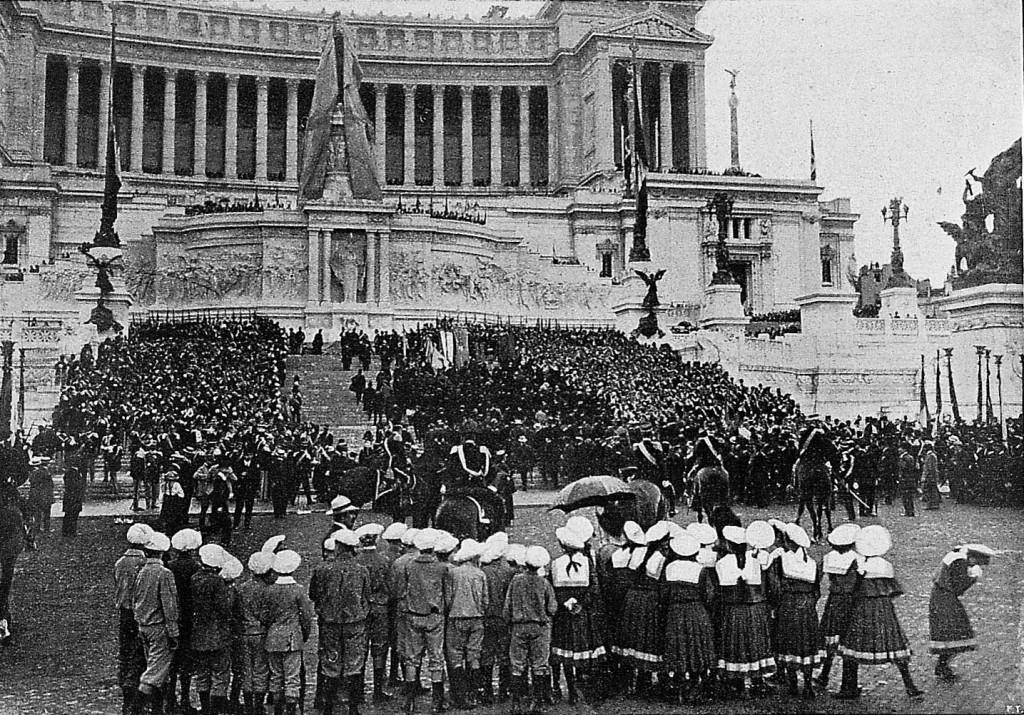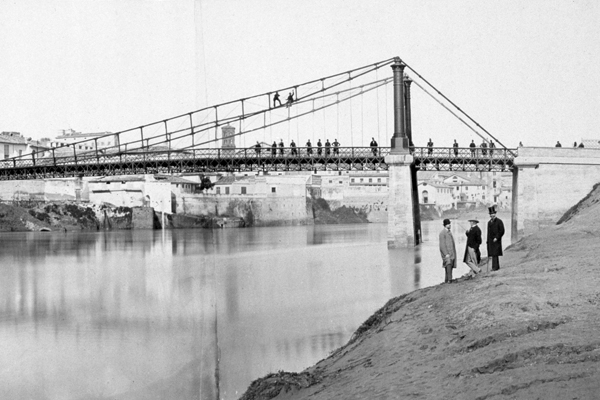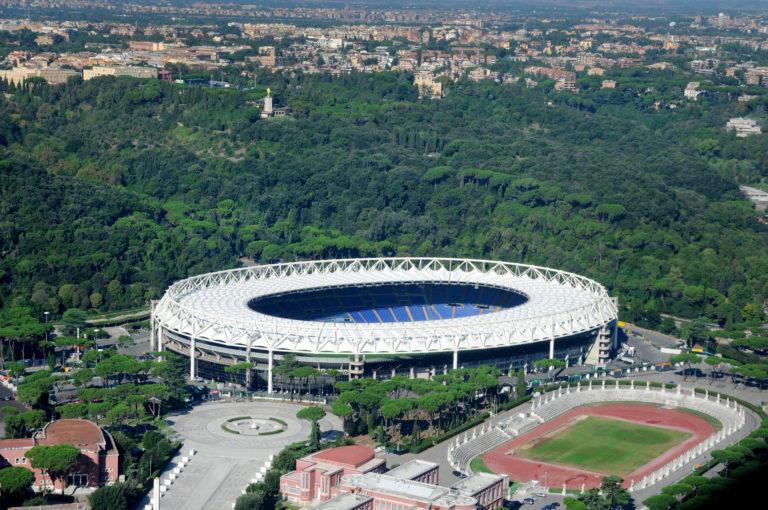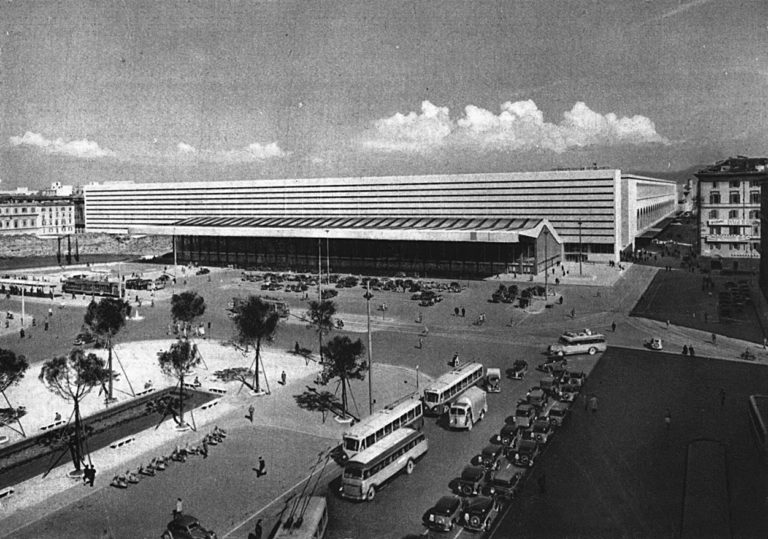The Histories of Architecture.Roma 1870 – 1940. Nascita di una capitale
other events of the Le storie dell'architettura 2016 cycle

until 26 November some galleries are closed for set-ups; please can find here the ongoing exhibitions
buy online
for young people aged between 18 and 25 (not yet turned 25);
for groups of 15 people or more; registered journalists with a valid ID card; La Galleria Nazionale, Museo Ebraico di Roma ticket holders; upon presentation of ID card or badge: Accademia Costume & Moda, Accademia Fotografica, Biblioteche di Roma, Centro Sperimentale di Cinematografia, Enel (for badge holder and accompanying person), FAI – Fondo Ambiente Italiano, Feltrinelli, IN/ARCH – Istituto Nazionale di Architettura, Sapienza Università di Roma, LAZIOcrea, Palazzo delle Esposizioni, Amici di Palazzo Strozzi, Accademia Nazionale di Santa Cecilia, Scuola Internazionale di Comics, Teatro Olimpico, Teatro dell’Opera di Roma, Teatro di Roma, Università degli Studi di Roma Tor Vergata, Youthcard
valid for one year from the date of purchase
minors under 18 years of age; disabled people requiring companion; EU Disability Card holders and accompanying person; MiC employees; European Union tour guides and tour guides, licensed (ref. Circular n.20/2016 DG-Museums); 1 teacher for every 10 students; AMACI members; CIMAM – International Committee for Museums and Collections of Modern Art members; ICOM members; journalists (who can prove their business activity); myMAXXI membership cardholders; European Union students and university researchers in art history and architecture, public fine arts academies (AFAM registered) students and Temple University Rome Campus students from Tuesday to Friday (excluding holidays); IED – Istituto Europeo di Design professors, NABA – Nuova Accademia di Belle Arti professors, RUFA – Rome University of Fine Arts professors; upon presentation of ID card or badge: Collezione Peggy Guggenheim a Venezia, Castello di Rivoli Museo d’Arte Contemporanea, Sotheby’s Preferred, MEP – Maison Européenne de la Photographie; on your birthday presenting an identity document
MAXXI’s Collection of Art and Architecture represents the founding element of the museum and defines its identity. Since October 2015, it has been on display with different arrangements of works.


22 Nov 2024 05.30 pm
talk + concert100 years after the birth of Luigi Nono
23 Nov 2024 05.00 pm
MAXXI with the familyDi Spazio in SpazioDIVENTO SPAZIO
24 Nov 2024 05.00 pm
MAXXI with the familyDi Spazio in SpazioDIVENTO SPAZIO
27 Nov 2024 06.00 pm
books at MAXXITanti Auguri. 70 anni di tv 100 anni di radioby Marco Carrara




MAXXI Auditorium – admittance €5.00; admittance to 5 seminars €20; free for myMAXXI cardholders.
The purchase of a ticket allows for reduced price museum entrance (€8) within one week of issue.
Five lectures examining the urban and architectural history of modern and contemporary Rome from 1870 to the present day
In 1870 Rome was still the capital of the Papal State and the capital of the Catholic world. 10 months after Italian conquest, in the summer of 1871 all the institutions of the Kingdom of Italy were transferred to Rome. However, it was to take decades before the new lay capital of the Italian state grew into its new role. This process is illustrated through a certain fundamental passages: the physical transformation of the city, the establishment of a different and more articulated social stratification, the invention of a new public political space in the liberal era and its reinvention by Fascism in the name of the myth of imperial Rome.
Vittorio Vidotto, a former professor of contemporary history at La Sapienza University, Rome, has investigated political, social and urban history. Dealing with these issues he has published, among others, Roma Contemporanea (Laterza 2006, II ed., apliata), Roma capital (edited by, Laterza 2002) and Italiani/e. Dal miracolo economico a oggi (2005). Together with G. d’Autilia and G. Sabbatucci, he also edited the volume L’Italia e la Grande Guerra (Enciclopedia Italiana-Treccani 2015).
The Histories of Architecture. Lectures on Rome
27 February – 14 May 2016
The first edition of The Histories of Architecture: this year the series examines the transformations in the architecture of the capital from 1870 through to the present day.
Introductions by Margherita Guccione, director MAXXI Architettura.